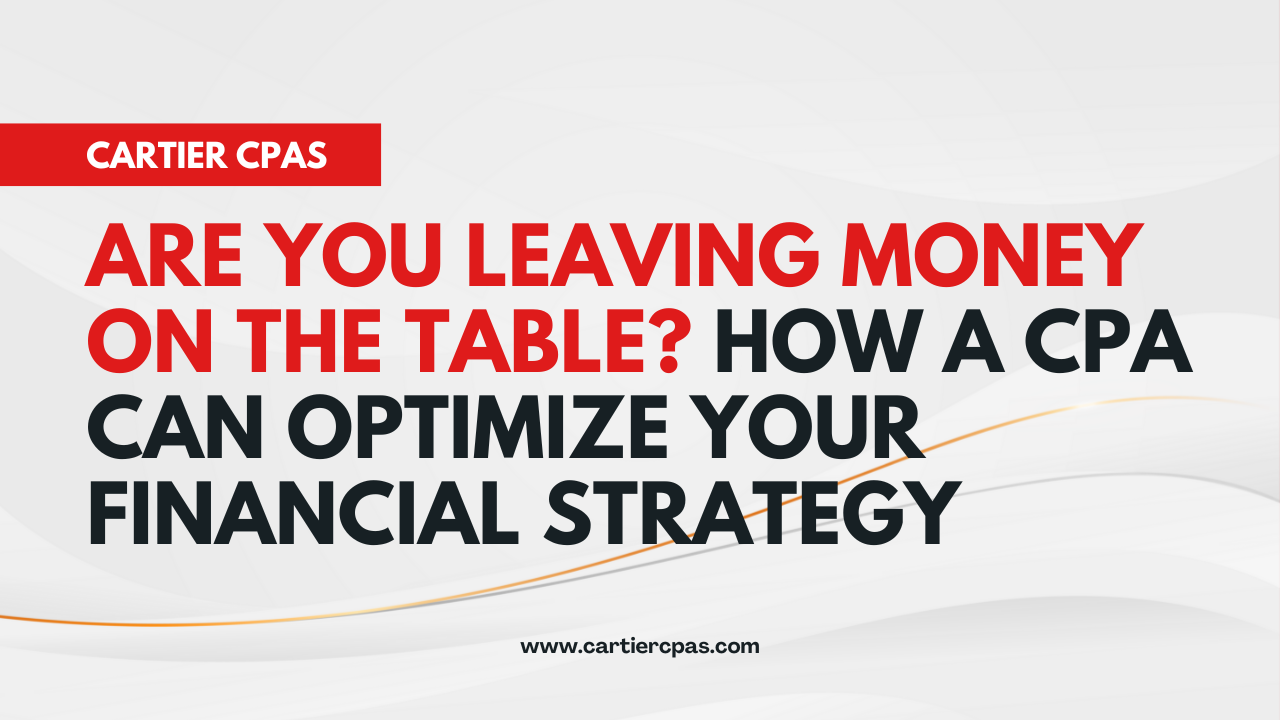How CPAs can provide value to clients in litigation support
As more companies are being scrutinized for their data, processes, and reporting methods under the heightened scrutiny of the fourth accounting revision known as Generally Accepted Accounting Principles or GAAP, businesses are becoming increasingly attuned to ensuring that external data and information do not contradict their own opinions and opinions of other stakeholders.
With the increasingly complex nature of today’s legal landscape and its accompanying due diligence requirements, there is a rising demand for specialized services from firms that specialize in providing services similar to those that a law firm would provide.
Litigators’ growing use of CPAs to offer support in an array of areas has left many businesses seeking answers regarding how they can engage a CPA in their organization and create value through the service provided. Here are some insights on what you can expect from a CPA if you ask them to support your business with an engagement.
What legal support can a CPA offer to your business?
A CPA can partner with your business to provide an in-depth analysis of your financial information and its compliance with applicable laws and regulations. By integrating a lawyer’s expertise in financial analysis with a CPA’s expertise in auditing, accounting, and taxation, you can achieve a comprehensive insight into your business and its relationship with the outside world.
CPAs may also help your business manage the audit process and compliance risks by providing advice on internal controls, documentation requirements, and recordkeeping practices. Since the audit process is inherently complex and subject to frequent change, a CPA may also provide consulting services on matters such as managing the audit risk and creating a risk-based audit risk plan.
Why engage a CPA for support in litigation support
Litigators often demand high levels of information and documentation in support of a case, as well as high levels of compliance with legal and regulatory requirements. In addition to meeting the high standards required in-lieu of an attorney, a CPA can help your business navigate a complex set of requirements and risks associated with litigation support engagements.
For example, a CPA can help your business comply with legal and regulatory requirements that include Sarbanes-Oxley (SOX) and the Anti-Money Laundering (AML) Regulations. A CPA may also help your business prepare and maintain documentation in support of a case, including witness and deposition notes and communications, emails, and other records.
How you can hire a CPA for support in litigation
A CPA may be a good choice for support in litigation if your business is engaged in a particular industry or subsector with a well-known or recognized entity. In other cases, a CPA specialization may not be available in your city or region. To identify if a CPA is a good fit for your organization, conduct a thorough vetting of the firm.
First, conduct a thorough background investigation on the firm to determine its reputation, level of experience, and how well the firm understands your industry and how you operate. Next, arrange for an in-person consultation with the firm to get a better sense of the firm and your needs. During this consultation, your CPA should be able to provide you with an overview of the firm’s services and experience, as well as provide you with a firm estimate of costs. As part of the consultation, your CPA may also offer insights on how to structure a retainer agreement to ensure the right level of contracting between you and the firm.
How can CPAs help with due diligence?
A CPA can help with the due diligence process by providing your business with an overview of your financial information. Your CPA may also help you identify and manage risks related to your business. During this process, your CPA can also offer insights into your financial information and its compliance with applicable laws and regulations.
Your CPA can help you choose and implement an effective risk management strategy, such as risk-rating your business and evaluating your risk profile with respect to asset types, cash flow, and contingent liabilities. Additionally, your CPA can help you manage the risk of the audit process and the audit risk plan.
Additional advice
While CPAs can provide support in an array of legal areas, most CPAs are not attorneys and can only provide legal advice in the areas of law in which they are formally trained. Before engaging a CPA firm, ensure that the firm is formally trained as a CPA, has the requisite certifications and licenses, and is properly registered with the appropriate regulatory authorities.
If you find that a CPA is a good fit for your business, you may want to consider employing a CPA as a consultant. With proper training and oversight, a CPA as a consultant can help your business navigate and manage the risks associated with the audit process, including audit risk management. If you choose this route, ensure that the firm employs a risk manager, in addition to a compliance officer, who can help the firm identify and manage audit risk.
Conclusion
As more companies are being scrutinized for their data, processes, and reporting methods under the heightened scrutiny of the fourth accounting revision known as Generally Accepted Accounting Principles or GAAP, businesses are becoming increasingly attuned to ensuring that external data and information do not contradict their own opinions and opinions of other stakeholders.
With the increasingly complex nature of today’s legal landscape and its accompanying due diligence requirements, there is a rising demand for specialized services from firms that specialize in providing services similar to those that a law firm would provide. Litigators’ growing use of CPAs to offer support in an array of areas has left many businesses seeking answers regarding how they can engage a CPA in their organization and create value through the service provided. In this article, we hope to provide some insights into how CPAs can provide value to clients in litigation support.
Let’s discuss to have litigation support.
Contact us today, at Cartier CPA's our goal is to provide clients with the highest level of respect and quality of service.










